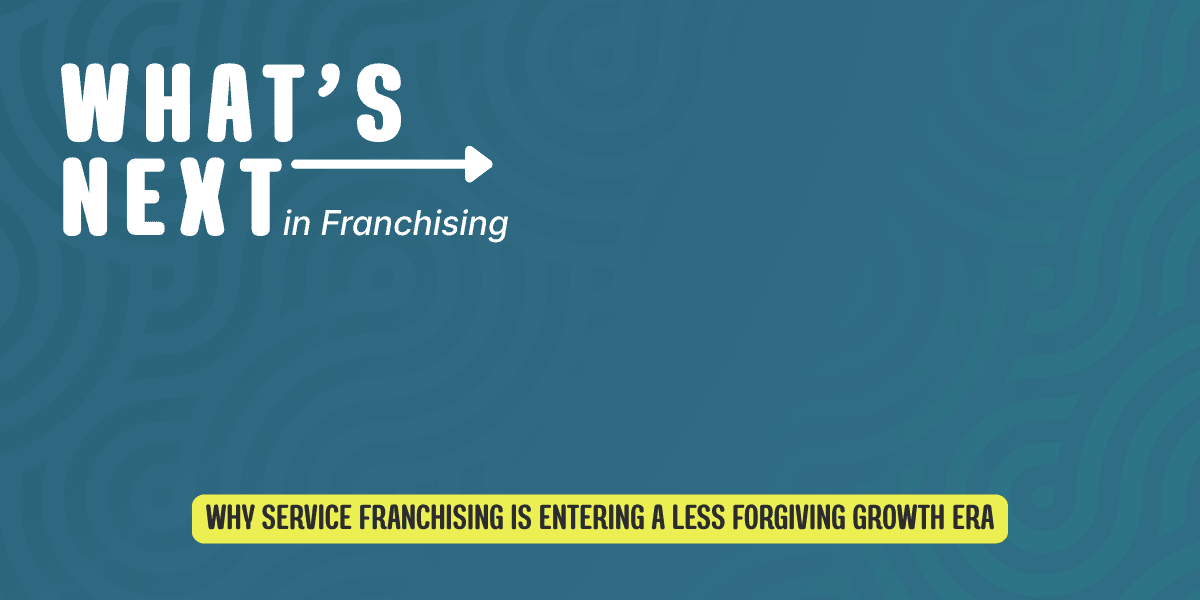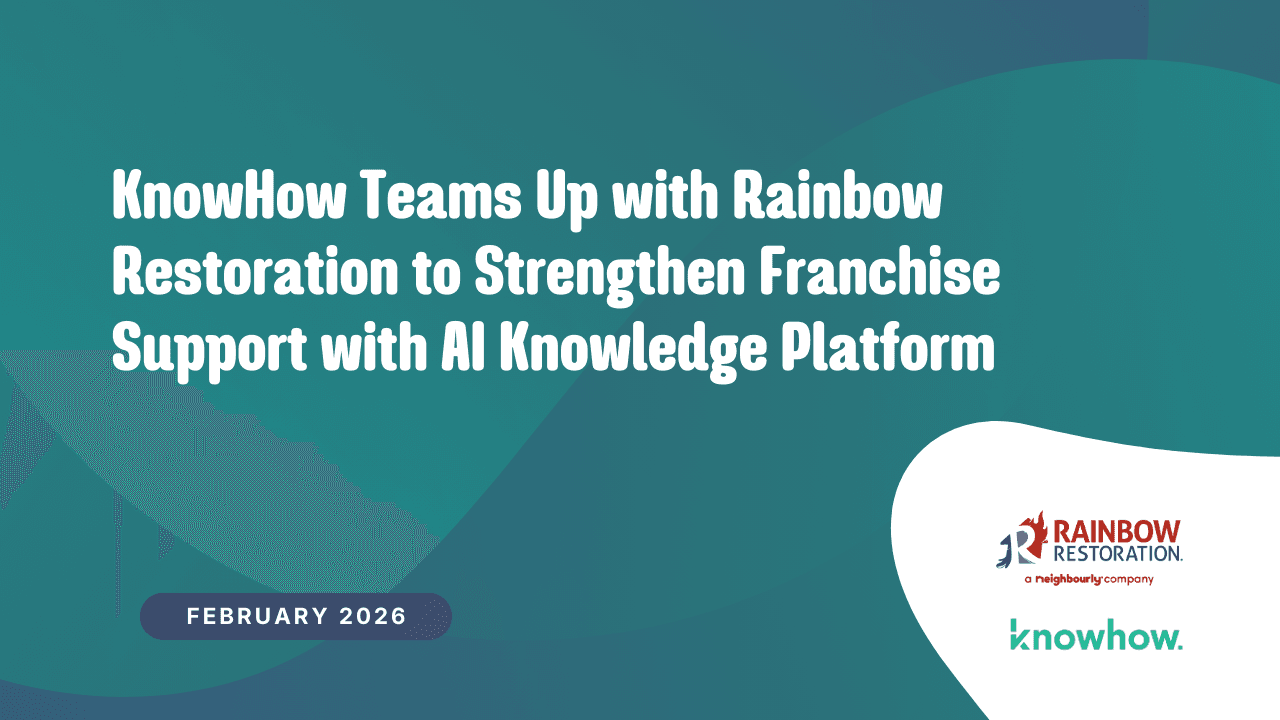
The Self-Aware Restoration Leader: How to Show Up For Your Team



Self-awareness doesn’t always get the spotlight it deserves, yet it’s one of the hidden drivers of great leadership in the property restoration industry. Think of it like the framework of a building—often unnoticed but crucial to everything else. Restoration leaders who develop self-awareness don’t just manage daily fires; they strengthen their teams and achieve better outcomes.
Leaders like Holly Murry of FRSTeam and Jim Kowalski of Kowalski Construction, featured in our latest book, Building Leaders, exemplify how self-awareness helps leaders navigate challenging situations.
By understanding their strengths and limitations, they’ve built trust and empowered team members to grow and take initiative. Their experiences, though unique, align on the shared belief that a leader who understands themselves and is skilled in leading themselves is better equipped to lead others.
Here’s a look at how self-awareness—as told by seasoned restoration pros—can shape your leadership journey in surprising ways.
1) Understand The Impact of Perception
Effective leaders don’t just know themselves; they understand how others perceive them.
Self-perception vs. others’ perception is a critical distinction that many leaders overlook. Holly Murry’s journey, as told in Building Leaders, illustrates this tension well. She started as a technician, gradually rising to become President of FRSTeam.
Along the way, she realized that effective leadership requires actively seeking and accepting feedback, even when it stings a bit. Leaders who understand this principle build stronger relationships, inspire team loyalty, and avoid potential blind spots.

Take a moment to consider how your team sees you. Are you an approachable leader open to new ideas, or do you come across as rigid and hard to reach? The only way to bridge the self-vs.-other perception gap is through regular, honest feedback and a commitment to adapting where necessary.
2) Balance Authenticity With Adaptability
Leaders often find themselves in a tug-of-war between staying true to their values and adapting to the needs of others. It’s tempting to lean too hard one way or the other, but the most impactful leaders in the restoration industry manage to balance both. A self-aware leader knows when to stand firm and when to adjust without losing authenticity. Holly Murray and Jim Kowalski share how staying grounded in core values while staying open to feedback has shaped their careers.

They’ve learned that while staying grounded in your core values is essential, remaining open to feedback is equally important. This focus on balance encourages leaders to be relatable and respectable, adapting when necessary without losing themselves in the process.
3) Use Feedback Tools to Stay Grounded
We interviewed over a dozen leaders in the restoration industry, and a common theme emerged time and time again: self-awareness isn’t a one-time achievement; it’s an ongoing practice. Just as you might use GPS to keep your journey on track, leaders use self-assessment tools to keep their growth goals aligned.

Tools like the Leadership Practices Inventory (LPI), DISC, or informal peer feedback help reveal strengths and blind spots. Formal assessments are great, but so are simple practices like end-of-day reflections or feedback circles with trusted colleagues.
Think of these tools as checkpoints on your leadership journey. They keep you grounded, ensure you’re moving in the right direction, and prevent you from drifting into unproductive habits. Leaders who embrace self-assessment tools stay proactive rather than reactive, meaning they can tackle challenges head-on with clarity and confidence.
Rather than guessing how you’re doing as a leader, why not get a clear view?
4) Prioritize Emotional Intelligence
At first glance, emotional intelligence might feel out of place or be dismissed as “soft” in a hard industry like property restoration.
But a deeper look shows that it’s the secret weapon of some of the most influential figures in the restoration industry.
As these leaders share in Building Leaders, emotional intelligence means “understanding and managing your emotions and recognizing how they affect your team—and self-awareness is the first exercise that starts developing the emotional intelligence muscle.”

Picture this: a project manager who’s technically brilliant but completely out of sync with their crew.
They push through tasks, barking orders and missing the signs of rising stress and frustration. Sure, the project might get done, but at what cost?
Morale dips, trust erodes, and soon enough, good team members start heading for the door. It’s a textbook case of technical expertise overshadowing emotional intelligence and a reminder of why emotional intelligence is essential and not just a nice-to-have.
5) Build A Culture of Self-Awareness
Self-awareness is not only a personal skill but a cultural one. Leaders who embody self-awareness set a powerful example, encouraging others to engage in introspection and self-improvement.
As Jim Kowalski illustrates in Building Leaders, a leader’s commitment to introspection and self-improvement sends a strong message to the team: “We’re all in this together, and growth is for everyone.”
This creates an environment where team members feel safe taking risks, sharing new ideas, and even failing without fear of judgment.

A Path Forward for Leaders Seeking More:
Self-awareness might not get as much attention as charisma or strategic genius, but it’s what great leaders use to hold their teams together. Leaders who know themselves build trust, improve resilience, and create work cultures that thrive on growth. So, as you’re focusing on becoming a better leader, make sure to take the time to turn inward first—it just might be the most impactful step you take.
Confused on how to start? Our latest book, Building Leaders, has more strategies and actionable tips from seasoned restoration pros on how to do the heavy lifting of developing more self-aware leaders in the restoration industry.
Pair the strategies from Building Leaders with KnowHow—an AI-powered app designed to help service providers upskill their teams and boost productivity with expert guidance for every job—and you’re one step closer to building tomorrow’s leaders today! Learn more at tryknowhow.com.









